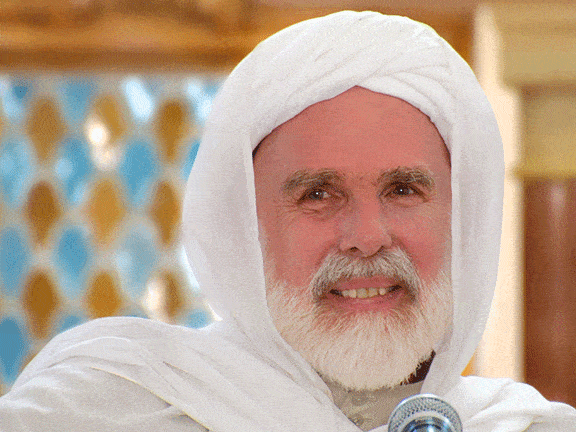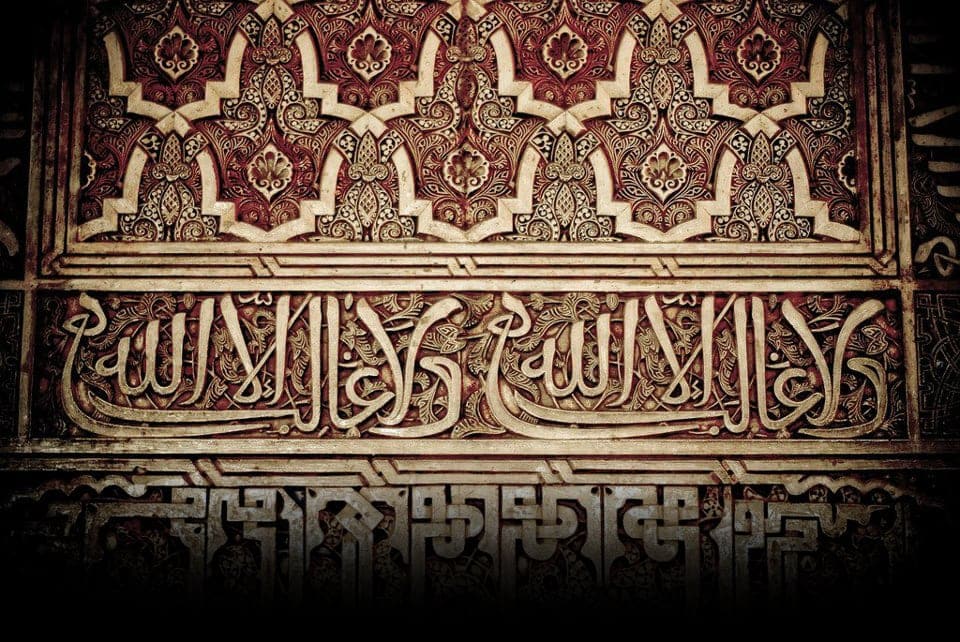The Limits to Differences of Opinion In Islam – Dr Umar F Abd-Allah
Differences of opinion in Islam – do they harm Muslim communities or are they a source of strength and mercy? Are such discussions the domain of the knowledgeable or us laymen? What are the limits to this within the shariah?
Are you fed up of hearing, “I don’t believe in schools of thought or madhabs, I follow Islam – pure and simple!”?
Watch this captivating and enlightening explanation of differences of opinion in Islam from one of the foremost scholars of our time, Dr ‘Umar Faruq ‘Abd-Allah.
With sincere gratitute to the Beacon Foundation.
Resources on differences of opinion in Islam:
- Is Acting on Weak Hadiths an Innovation?
- “Adab al-Ikhtilaf: Ethics of Disagreement”
- A Reader on Following Schools of Thought (Madhabs)
- Do the Differences Between the Legal Schools Render Our Worship Full Of Errors?
- Keeping One’s Faith While Navigating Differences of Opinion
- How Do I Choose A School Of Thought (madhhab) & Why?
- As a Convert How Do I Choose a School of Thought?
- How Can A Convert Follow A School Of Thought Correctly?
- How to Choose to Follow an Opinion within a School of Law
- Can I Follow the Maliki School in My Worship and the Shafi’i School in Transactions?
- Avoiding Differences of Opinion: Why & When Can I Follow Another School Of Thought?
- Is It Preferred to Marry Someone Who Follows the Same Legal School Of Thought?
- With Hearts United, We Must Respect Differences of Opinion
- Differences of Opinion & Determining Sound Scholarship
- The Path of Taqwa: Avoiding Differences of Opinion
- Understanding Ijtihad and Legal Differences
- Ten Adab of Seekers of Knowledge
- Why is There so much Concern with ‘Manners’ (Adab) in Islam?
Want a deeper understanding? Take an online course with reliable, qualified scholars at the SeekersGuidance Academy.
 Dr ‘Umar Faruq Abd-Allah (Wymann-Landgraf) is an American Muslim, born in 1948 to a Protestant family in Columbus, Nebraska. Dr. Abd-Allah did his undergraduate work at the University of Missouri with dual majors in History and English Literature. He made the Dean’s list all semesters and was nominated to the Phi Beta Kappa Honorary Society. In 1969, he won a Woodrow Wilson Fellowship and entrance to Cornell University in Ithaca, New York to pursue a Ph.D. program in English literature. Shortly after coming to Cornell, Dr. Abd-Allah read The Autobiography of Malcolm X, which inspired him to embrace Islam in early 1970. In 1972, he altered his field of study and transferred to the University of Chicago, where he studied Arabic and Islamic Studies under Dr. Fazlur Rahman. Dr. Abd-Allah received his doctorate with honors in 1978 for a dissertation on the origins of Islamic Law, Malik’s Concept of ‘Amal in the Light of Maliki Legal Theory. From 1977 until 1982, he taught at the Universities of Windsor (Ontario), Temple, and Michigan. In 1982, he left America to teach Arabic in Spain. Two years later, he was appointed to the Department of Islamic Studies at King Abdul-Aziz University in Jeddah, where he taught (in Arabic) Islamic studies and comparative religions for the next 16 years.
Dr ‘Umar Faruq Abd-Allah (Wymann-Landgraf) is an American Muslim, born in 1948 to a Protestant family in Columbus, Nebraska. Dr. Abd-Allah did his undergraduate work at the University of Missouri with dual majors in History and English Literature. He made the Dean’s list all semesters and was nominated to the Phi Beta Kappa Honorary Society. In 1969, he won a Woodrow Wilson Fellowship and entrance to Cornell University in Ithaca, New York to pursue a Ph.D. program in English literature. Shortly after coming to Cornell, Dr. Abd-Allah read The Autobiography of Malcolm X, which inspired him to embrace Islam in early 1970. In 1972, he altered his field of study and transferred to the University of Chicago, where he studied Arabic and Islamic Studies under Dr. Fazlur Rahman. Dr. Abd-Allah received his doctorate with honors in 1978 for a dissertation on the origins of Islamic Law, Malik’s Concept of ‘Amal in the Light of Maliki Legal Theory. From 1977 until 1982, he taught at the Universities of Windsor (Ontario), Temple, and Michigan. In 1982, he left America to teach Arabic in Spain. Two years later, he was appointed to the Department of Islamic Studies at King Abdul-Aziz University in Jeddah, where he taught (in Arabic) Islamic studies and comparative religions for the next 16 years.
During his years abroad, Dr. Abd-Allah had the privilege of studying with a number of traditional Islamic scholars. He returned to Chicago in August 2000 to work as chair and scholar-in-residence of the newly founded Nawawi Foundation, a non-profit educational foundation. In conjunction with this position, he is now teaching and lecturing in and around Chicago and various parts of the United States and Canada, while conducting research and writing in Islamic studies and related fields. He recently completed a biography of Mohammed Webb (d. 1916), who was one of the most significant early American converts to Islam. The book was released September 2006 under the title A Muslim in Victorian America: The Life of Alexander Russell Webb (Oxford University Press).
